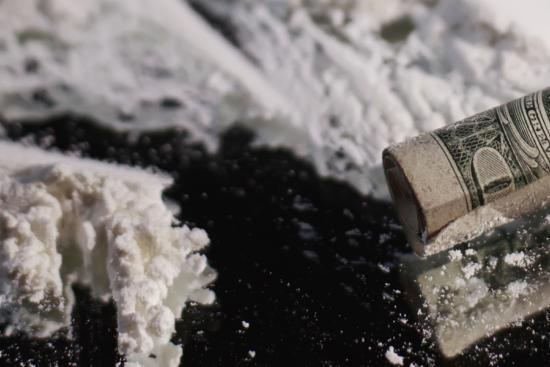Choosing to stop using cocaine is a powerful decision that requires courage and determination. One of the world's most addictive drugs, it may seem challenging to give up, but with the proper support, recovery is within reach.
In Turkey, specialized clinics offer innovative treatments, including ibogaine, for effective and lasting withdrawal. Under the supervision of expert physicians, you will benefit from personalized follow-up care to help you return to a healthy, balanced life.








